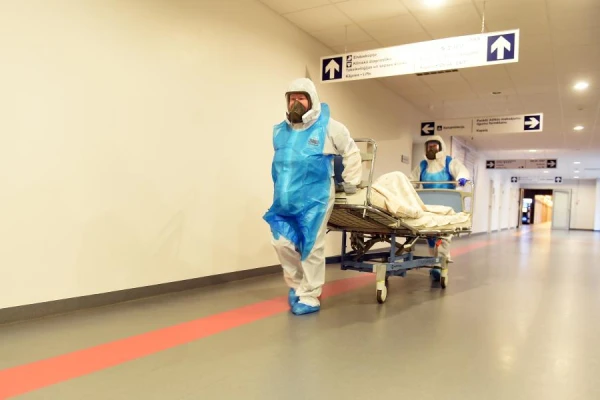
Four more cases of leptospirosis have been registered in Latvia, reported the Center for Disease Prevention and Control (CDC).
Specialists at the center are conducting an epidemiological investigation into the new cases of the disease.
In total, 29 cases of leptospirosis have already been registered this year.
As previously noted by the CDC, the number of leptospirosis cases in Latvia has significantly increased this year, with one patient having died.
This year, as of October 13, Latvia registered 25 cases of leptospirosis, which is six times more than in previous years, when an average of four cases were registered annually. For example, in 2021, one case was registered, and in 2017, eight.
In September, 14 cases were registered, and in August, six, indicating a noticeable seasonal increase in incidence at the end of summer and in autumn, reports the CDC.
All patients have undergone or are continuing treatment in hospitals, and one patient has died. Most of the infected reported possible contact with rodents or an environment that may have been contaminated by their excretions, for example, while working in the garden. Cases of leptospirosis have been registered in Riga, the Riga region, Vidzeme, and Zemgale.
Leptospirosis is an infectious disease transmitted to humans from various animals, especially rodents, but can also be carried by agricultural animals, dogs, and cats. Humans are most often infected through contact with water contaminated by animals, their excrement, and objects that have been contaminated with the urine of infected animals.
Symptoms of the disease include fever, chills, headache, muscle aches, nausea, vomiting, loss of appetite, redness of the eyes, and general malaise. In more severe cases, complications such as meningitis, bleeding, jaundice, kidney and liver damage, hemolytic anemia, or altered consciousness may occur, the CDC reported.
The risk of contracting leptospirosis increases during the cold season when rodents migrate into human dwellings and agricultural buildings.
To prevent infection with leptospirosis, CDC specialists urge people to wear gloves, boots, and protective clothing when gardening, working in the field, or caring for animals, as well as to wash their hands thoroughly after contact with animals or wet soil.
If symptoms of leptospirosis appear and there has been contact with potentially contaminated environments and animals, medical assistance should be sought immediately.




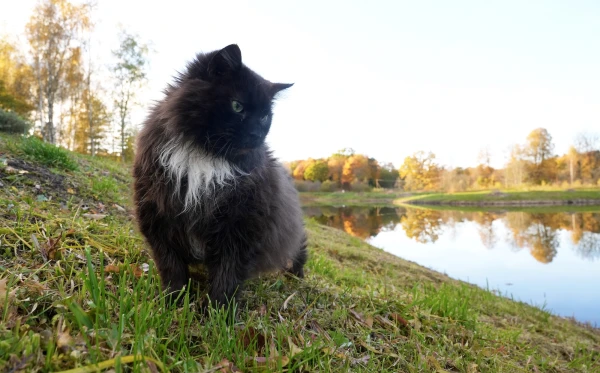
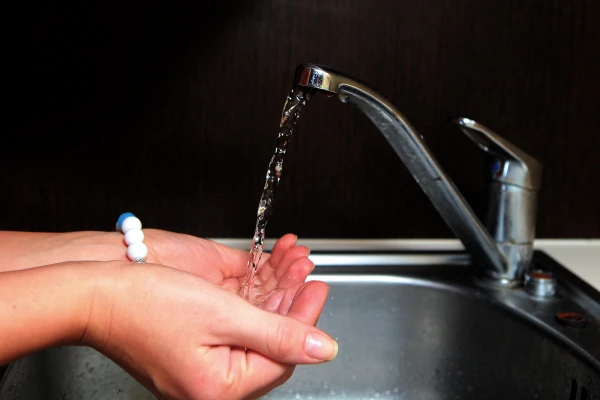
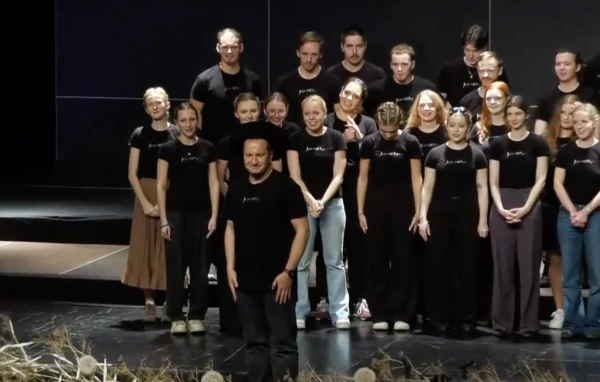
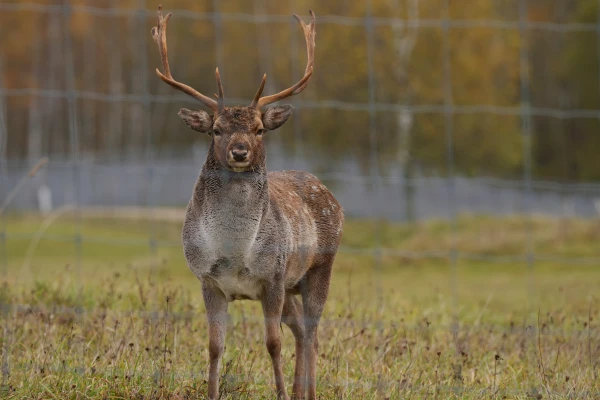



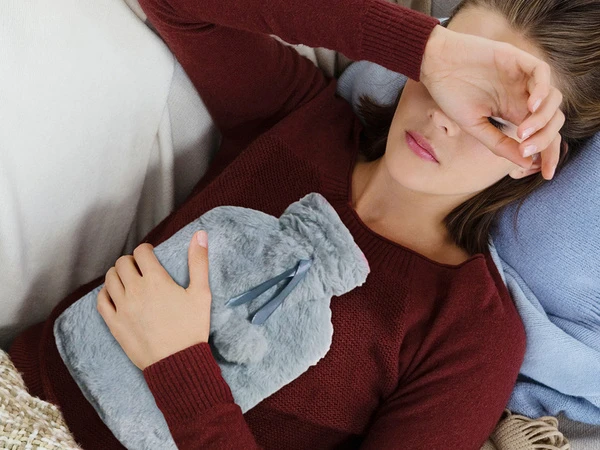

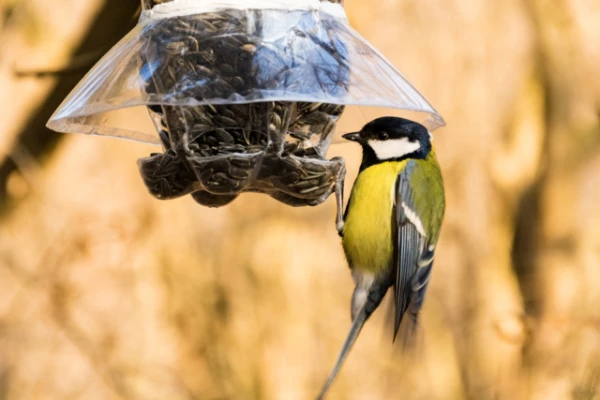
Leave a comment